Harnessing solar energy
How can Arab countries optimize harnessing solar energy benefits?
Arab countries have recently shown their strong thoughtfulness towards renewables. The high rate of sunshine enables countries to have a golden opportunity for the generation of solar energy. It’s true that the entire world has their consideration in reaping solar energy, but Arab countries perceive them as a long-term solution.
What Makes the Arab Region Most Efficient for Solar?
So, what stands behind the Arab regions to have a serious shift away from oil and gas? What makes them so fit for producing solar energy? Well, despite the fact that these regions are abundant in oil and gas resources, still the Government of the nation’s supports transitioning to solar energy. The major reason is the clear blue sky with the hot sun that dominates most of the year. This enables the countries to better exploit the great potential of natural energy – the Sun.
In addition, the cost of solar is falling in recent years. With oil prices under pressure recently, solar energy is becoming cost-competitive. Moreover, the ample sunlight shining throughout the year in the unpopulated desert landscapes makes the countries very optimal for harnessing solar energy.
Geo-location – As a gift
The highest solar exposure of the geo-location of Arab countries makes them very suitable for solar projects. With the countries having a plentiful source of energy from the sun, it is sufficient enough to energize the lives of Arabians leaving less harm to the environment compared with fossil fuels. Globally, the UAE possesses the highest solar exposure rates. While looking for the potential of renewable energies, most Arab countries are extremely favorable for solar energy projects. This is because natural conditions are highly suited for the development of solar energy. This makes the Arab countries have increased interest in solar energy generation to meet the rising energy consumption.
Electric Energy Export to Europe
Tunisia, a small Arab country is prominent in the transition to solar energy. From the words of Fethi Hanchi, Who is the GM of the National Agency for Energy Management in Tunisia, it is clear that they are on the mission of connecting the Tunisian energy grid with different European electricity networks and exporting solar from Tunisia to Europe.
Saudi Arabia is considering building long networks to export electricity to Europe. Upon looking into the 2021 Solar Outlook Report, the Middle East Solar Industry Association (MESIA) emphasized the solar energy successes in 11 countries that include Europe as well. The Gulf States are in the intention of opening up their grids to export power to Europe.
Government initiatives to support Solar
IRENA, which is The International Renewable Energy Agency, continues its support to Arab countries to make the energy transition. Since 2014, most Arab countries are in the vision of building a viable market for solar energy investments. They make it achievable through net metering, feed-in tariffs, supportive tax regimes, and decreased prices of solar components and solar combo kits.
Shams Dubai initiative has influenced many house owners and businesses to generate solar energy and connect them to DEWA’s grid for a bundle of benefits.
Banking support
Many Arab countries have ambitious solar energy targets and are attempting to realize them with banking support. The multi-billion dollar project for solar is financed by international development agencies including European Investment Bank (EIB) and the African Development Bank (AFDB). Government regulation and financial support from local banks also enable meeting the energy targets. While the regions are making progress, Solar Distributors in Dubai, Jordan, Seria, and many more are encouraging solar installation through their affordable products.
Net metering – How does it benefit solar system owners?
Net metering, which is a utility billing mechanism, allows solar system owners to sell the extra energy generated back to the grid – DEWA distribution network. As per the Shams Dubai net metering scheme that has been introduced in the emirate in 2015, solar system owners will get their credits for feeding the surplus energy production back to the grid at retail prices.
Say for example; an individual has installed a solar system to generate electricity. The solar system will produce more than the requirements. If he attaches the solar system to the net metering scheme, he will be able to sell the extra power for which he will receive the credit. This credit can be utilized to offset the consumption of electricity in the future. So, the major benefit of net metering for solar owners is the huge savings on utility bills. Also, it helps in eliminating the dependency on a backup system.
Efforts by civilians to go solar
Solar power is becoming so affordable that most civilians of Arab countries are embracing solar energy by investing in solar panels for homes and businesses, solar batteries, inverters, rooftop solar panels, solar monitoring systems, solar mounting systems, solar pumping controllers, etc.
Benefits of switching to Renewable Energy
- By moving to solar power, you can reduce electrical bills by a substantial margin.
- Independence from grid energy and being able to produce own energy is the chief benefit of switching to solar.
- Going solar not only helps homes and businesses but also saves mother earth. As it is a clean source of energy, it doesn’t create harmful emissions and greenhouse gasses.
- Solar installation adds value to the property.
Regions that reap the most from solar energy
There are several shining countries that harness the power of the sun in the best way possible. The list includes:
- GCC Countries – The United Arab Emirates, Oman, Saudi Arabia, Bahrain, Kuwait, and Qatar
- Non-GCC countries – Egypt, Jordan, Lebanon, Palestine, Syria, and Iraq
- North African Countries – Algeria, Libya, Egypt, Morocco, Tunisia, Sudan, and Western Sahara.
- Major cities such as Dubai, Abu Dhabi, Riyadh, Jeddah, Muscat, Makkah, Madinah, Dammam, Cairo, Baghdad, Algiers, Amman, Aqaba, Taif, Tabuk, and more…
With solar power expanding rapidly in Arab countries, hundreds and thousands of Arab people are investing in solar energy. Since the regions have the best potential for solar, millions are ready to join in the solar revolution.
Related post :
The new Sineng on grid inverters and their benefits
Things To Consider When Installing A Rooftop Solar Plant
Solar Energy at the FIFA World Cup Qatar 2023
Do You Really Save Money With Solar
Sungrow & Power n Sun With a Clear Vision to Power up Africa
Sineng and PNS Launch Next Generation of String Inverters in Pakistan
UAE Net Zero by 2050
How to increase the efficiency of solar panels
How Many Solar Panels Do I Need in UAE
How Shams Dubai Net Metering Program Works

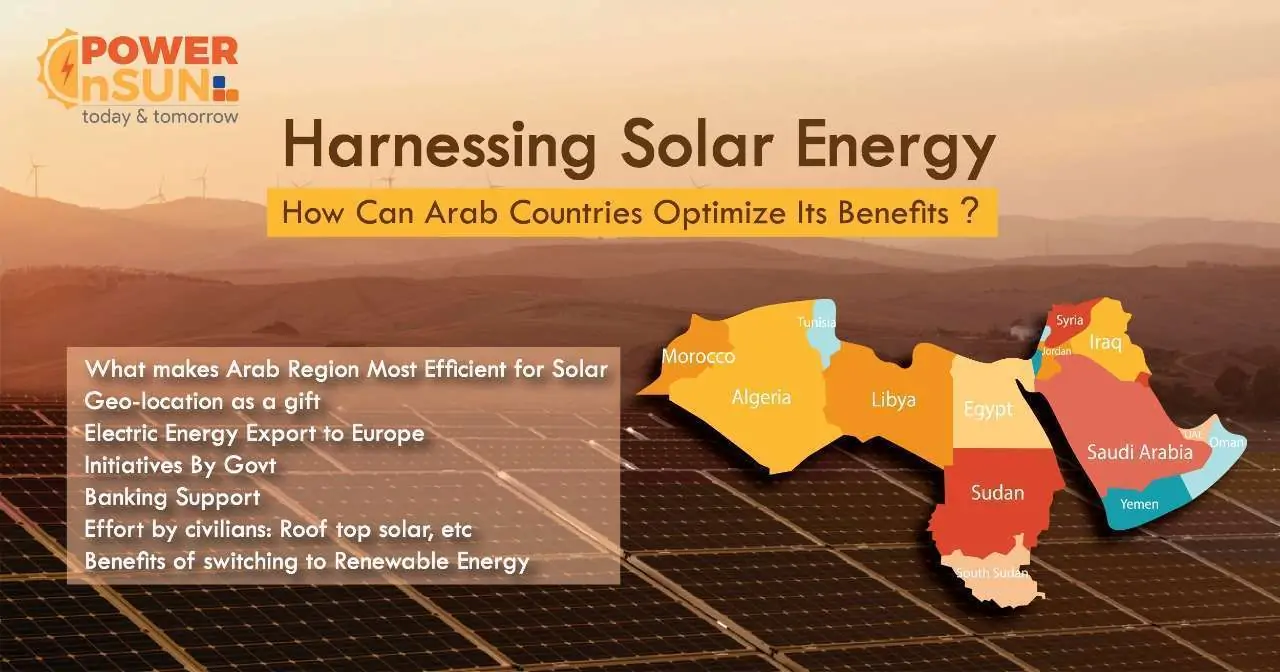

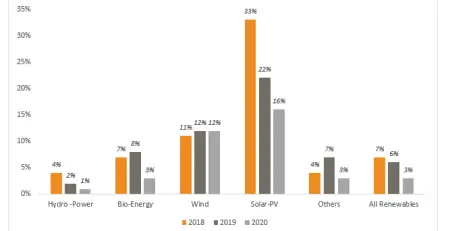
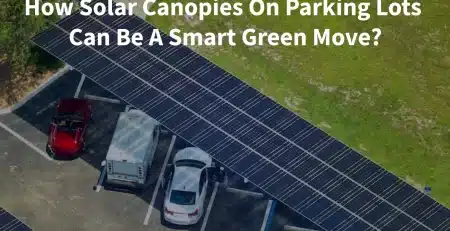

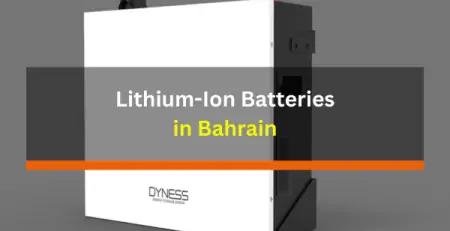
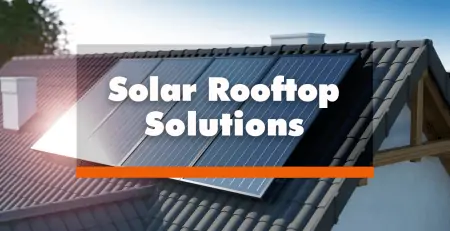
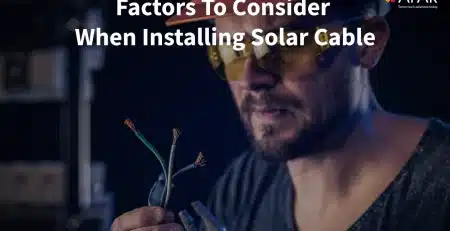

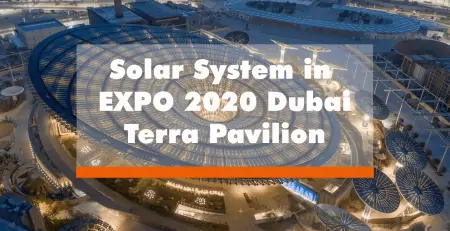


Leave a Reply